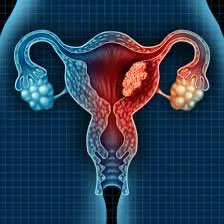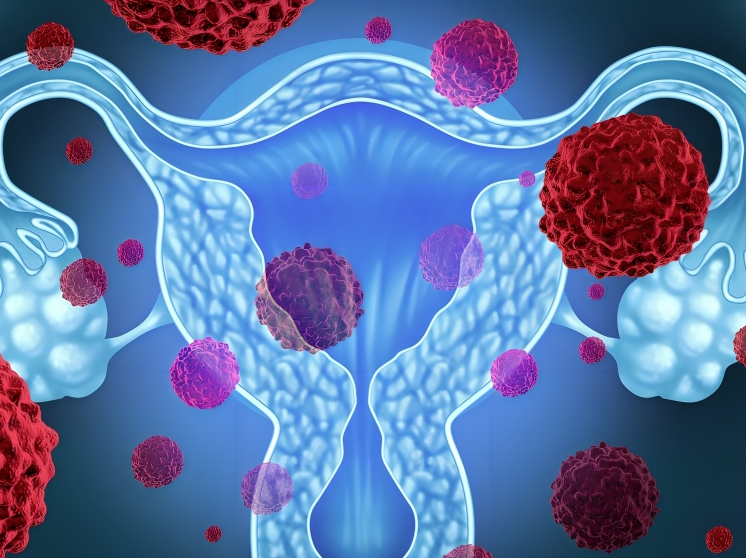Shahrin Ahmed, Medical Specialist Oncology at Canadian Cancer Society, posted on X:
“A study reveals a deeper understanding of postmenopausal bleeding and endometrial cancer –
In the largest analysis to date looking at the extent to which vaginal bleeding is associated with endometrial cancer in women who have gone through menopause, 90% of women diagnosed with endometrial cancer reported bleeding before their cancer diagnosis. Approximately 9% of postmenopausal women who saw a doctor for bleeding later received a diagnosis of endometrial cancer.
Early detection of endometrial cancer can lead to a 95% chance of surviving for at least 5 years. The likelihood of survival for at least 5 years is significantly lower for women who have cancer that has spread outside the uterus, which ranges from 16–45%.
It is believed that the increase is largely due to hormone-related factors, such as rising obesity rates and changes in the number of children women are likely to have.
If you experience bleeding after menopause, it’s important to contact your doctor and let them know. While endometrial cancer is rare among women, there are simple steps that can be taken to rule it out.
As previously observed, postmenopausal bleeding was experienced by 90% of women diagnosed with endometrial cancer, as per the analysis. Endometrial cancer diagnosis varied globally among women with postmenopausal bleeding. The percentage of the population increased from 9% to 12% in Western Europe, although it was overall at 9%.
Women with postmenopausal bleeding who used hormone replacement therapy were found to have a lower risk of endometrial cancer in studies included in the analysis. Hormone replacement therapy may cause bleeding, especially during the first 6 months of use, and this could be partially responsible for it.
Endometrial cancer testing should only be initiated if there is persistent bleeding after the initial 6 months of hormone replacement.”

Source: Shahrin Ahmed/X


